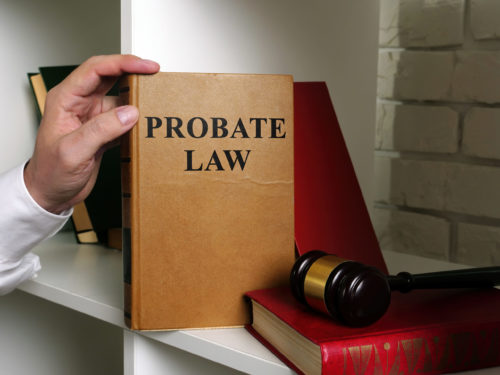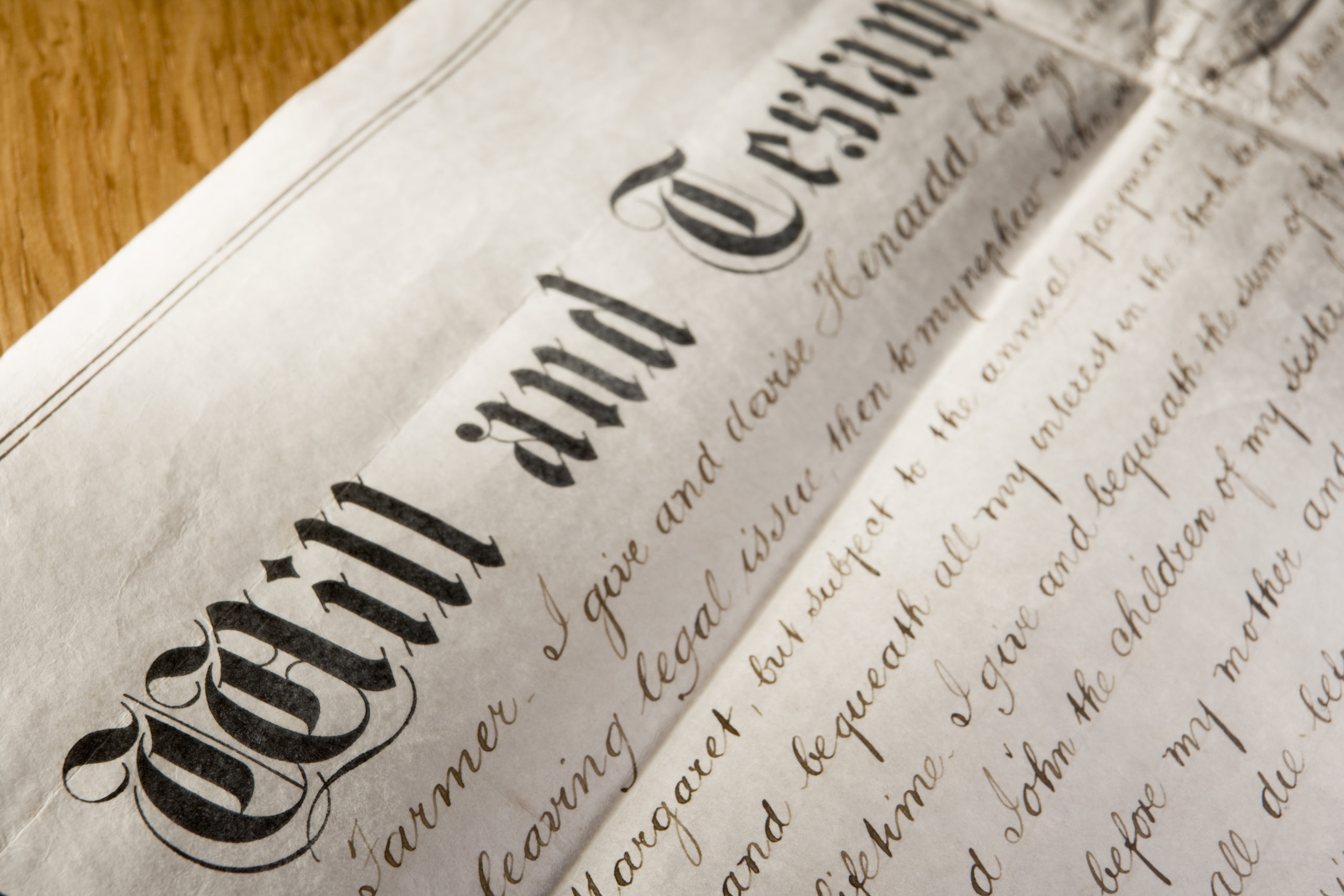Over the next few articles, we’ll take a step back and look at some ethical issues that can arise when dealing with probate. We’ll only look at a few and then take some time to figure out how to handle such situations. In our first article, we’ll look at clients, who they are and how to avoid potential conflicts. If that sounds appealing, please continue reading. We hope it is both informative
Understanding the Attorney Roles
In most cases, the executor (or personal representative) of an estate believes that the attorney representing the estate is their own. However, as previously stated, this is an incorrect belief. In the majority of cases, the attorney represents only the estate. This does not include the beneficiaries.
The probate attorney, on the other hand, has a fiduciary duty to any estate beneficiaries. In fact, a will can be declared invalid due to “undue influence” if a beneficiary has a too-close relationship with an estate’s attorney! As you can see, it’s best to keep things strictly professional.
Conflicts of Interest in Probate
Any attorney who represents both the deceased and any beneficiaries may be in violation of conflict of interest rules. Please keep in mind that while an attorney may represent executors individually, there must be no hint of a potential conflict of interest.
A trustee may also have a conflict of interest if they are the parent of a remainderman who is their own child, which is especially true if the child is an infant. In the event of a conflict of interest, appointing a Guardian for the child would be far more beneficial.
Scott Counsel Is Here to Help
“There is certainly a lot to consider when dealing with all manner of things related to estates, rules and regulations, and a host of other things,” says Justin Scott, a probate attorney in New Jersey. And, to be honest, it can be overwhelming at times, and all that information can end up doing more harm than good, making already difficult decisions even more difficult.
If you have any questions about any of these rules, or if you are unsure whether or not there may be a conflict of interest, please come and speak with me or one of my colleagues. We would be happy to explain all of this to you in greater detail and clear up any confusion you may have. We know the road ahead will be difficult enough without adding more obstacles. We want to assist you in avoiding those roadblocks
As you are aware, dealing with the aftermath of a person’s death can be difficult. It would be extremely beneficial to be aware of, and at least have a basic understanding of, the pitfalls and unseen obstacles that can befall someone if they are not cautious, and we hope that this article has shed some light on the situation. Contact us today to speak with our experienced and ethical probate attorneys.








